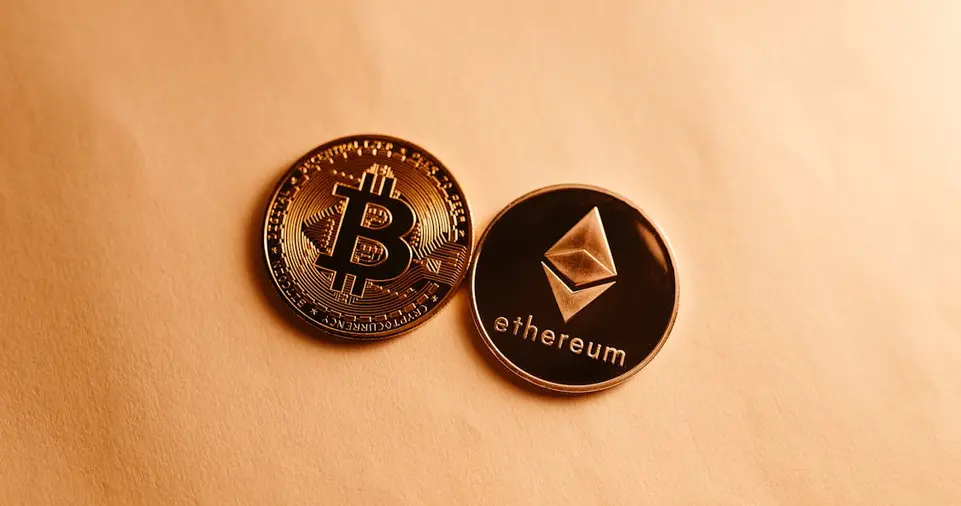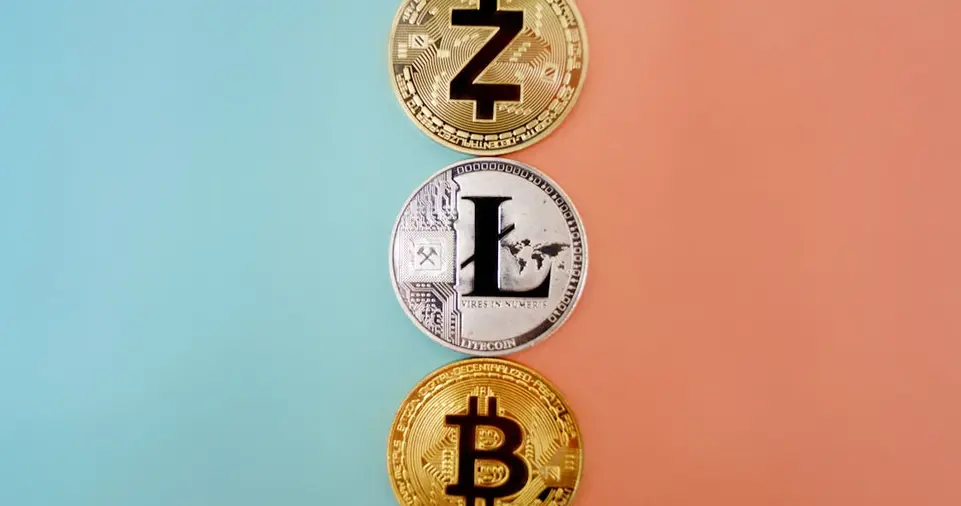Cryptocurrency has opened the door to innovative financial opportunities, but it also presents a fertile ground for cybercriminals and fraudsters.
In 2021 alone, crypto crimes reached a staggering $14 billion in losses, according to Chainalysis.
These numbers underscore the urgent need for investors to understand the risks and adopt robust strategies to safeguard their digital assets.
This comprehensive guide will help you identify common scams, protect your investments, and respond effectively if you fall victim to fraud.
Understanding the Threat Landscape

Common Crypto Scams
The growth of cryptocurrency has given rise to various scams. Here are the most common types:
Fake Websites
Scammers create fraudulent cryptocurrency trading platforms or fake versions of legitimate wallets.
These mimic trusted sites, making it hard to tell them apart. Fake sites usually operate in two ways:
- Phishing Pages: They steal sensitive information like private keys, recovery phrases, or wallet passwords.
- Straightforward Theft: Victims are allowed small withdrawals initially to build trust. After investing more, victims find they cannot access their funds, and the site often disappears.
Phishing Scams
Phishing scams target crypto wallet details such as private keys. Attackers send emails or messages directing users to fake websites, tricking them into providing sensitive information.
Pump-and-Dump Schemes
Fraudsters artificially inflate the price of a coin or token by hyping it on social media. Once the price peaks, scammers sell their holdings, causing the coin’s value to plummet, leaving other investors with losses.
Fake Apps
Fraudsters create fake apps that mimic genuine cryptocurrency wallets or exchanges. These apps often steal users’ funds or credentials.
Thousands of such apps have been downloaded from platforms like Google Play and the Apple App Store.
Fake Celebrity Endorsements
Scammers often use fake endorsements from celebrities or influencers to promote fraudulent projects. Glossy marketing materials, fake testimonials, and endorsements from figures like Elon Musk are used to lure investors.
Giveaway Scams
Scammers promise to multiply cryptocurrency sent to them in so-called “giveaways.” Victims, convinced by the promise of instant returns, send funds that are never returned.
Blackmail and Extortion Scams
Some fraudsters threaten to expose sensitive information unless victims send cryptocurrency or disclose private keys.
Cloud Mining Scams
These scams involve fake companies offering mining hardware rentals. Victims pay fees in exchange for supposed mining profits, but many of these schemes fail to deliver returns or even steal funds outright.
Fraudulent Initial Coin Offerings (ICOs)
Scammers set up fake ICOs, claiming to raise funds for new cryptocurrencies. Elaborate marketing materials and rented offices give the appearance of legitimacy, but the funds often disappear.
ALSO READ: How to Choose a Secure Crypto Exchange for Beginners
Identifying Cryptocurrency Scams

Spotting scams is critical to safeguarding your assets. Look for these red flags:
| Red Flag | Explanation |
|---|---|
| Guaranteed Returns | No legitimate investment guarantees profits. |
| Non-existent Whitepaper | Cryptocurrencies should have a detailed whitepaper outlining their purpose and functionality. |
| Heavy Marketing | Excessive advertising without credible information is a sign of potential fraud. |
| Anonymous Teams | Lack of transparency about project leaders raises suspicion. |
| Promises of Free Money | “Free money” offers are often scams designed to lure victims into transferring funds. |
How to Protect Your Crypto Investments
Use Secure Wallets
The choice of wallet is critical for asset security.
| Wallet Type | Pros | Cons |
|---|---|---|
| Hardware Wallet | Offline, secure, and immune to hacks | Costs money, less convenient |
| Software Wallet | Easy to use, often free | Vulnerable to malware and phishing |
| Paper Wallet | Offline and immune to hacking | Can be lost, stolen, or damaged |
Tips:
- Use wallets from reputable providers.
- Regularly update your wallet software.
- Store large amounts in cold wallets (offline).
Be Cautious Online
- Always verify URLs before entering sensitive details.
- Avoid clicking links from unsolicited messages.
- Use antivirus software to block malicious sites.
Protect Your Wallet Keys
- Never share your private keys or seed phrases.
- Store backups in secure physical locations.
- Use multi-signature wallets for added security.
Enable Two-Factor Authentication (2FA)
Activate 2FA on exchanges, wallets, and any related accounts. Use authenticators like Google Authenticator instead of SMS-based 2FA, which is susceptible to SIM-swapping attacks.
Best Practices for Avoiding Scams

| Best Practice | Explanation |
|---|---|
| Do Your Research | Investigate projects thoroughly. Check whitepapers, team members, and independent reviews. |
| Start Small | Test wallets and platforms with small amounts before committing significant funds. |
| Be Skeptical | Treat “too good to be true” opportunities with caution. |
| Verify Apps and Platforms | Only download apps from official stores and verify their legitimacy before use. |
| Ignore Cold Calls | Do not respond to unsolicited offers or investment pitches. |
How to Respond if You’re Scammed
If you fall victim to a scam, act quickly:
- Contact Authorities: Report scams to local regulatory bodies, such as the FTC in the U.S.
- Notify Your Bank: If payment methods like cards or transfers were involved, alert your financial institution immediately.
- Change Passwords: Update all related accounts to prevent further breaches.
- Document the Incident: Gather evidence, such as emails or transaction records, to support your case.
How to Stay Ahead of Scammers
- Stay Informed: Follow trusted crypto news sources and communities.
- Educate Yourself: Learn about blockchain technology and security best practices.
- Use Advanced Tools: Invest in a virtual private network (VPN) to protect your online activity, and consider using hardware wallets for better security.
ALSO READ: How to Buy Your First Bitcoin or Altcoin: A Beginner’s Guide
Conclusion
The cryptocurrency market is a double-edged sword, offering immense potential alongside significant risks.
Understanding the landscape, recognizing scams, and adopting proactive security measures are essential for safeguarding your investments.
Remember, in the crypto world, “Not your keys, not your coins”—keep control over your assets and tread carefully to avoid becoming a statistic. Stay vigilant, do your research, and invest responsibly.











